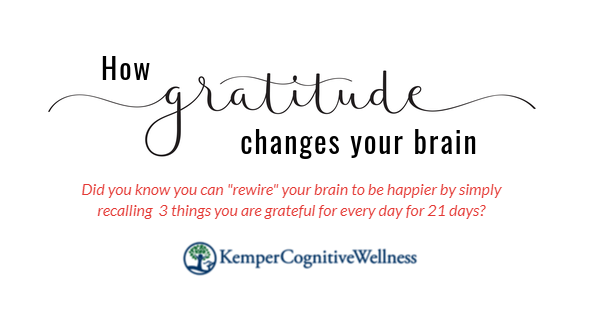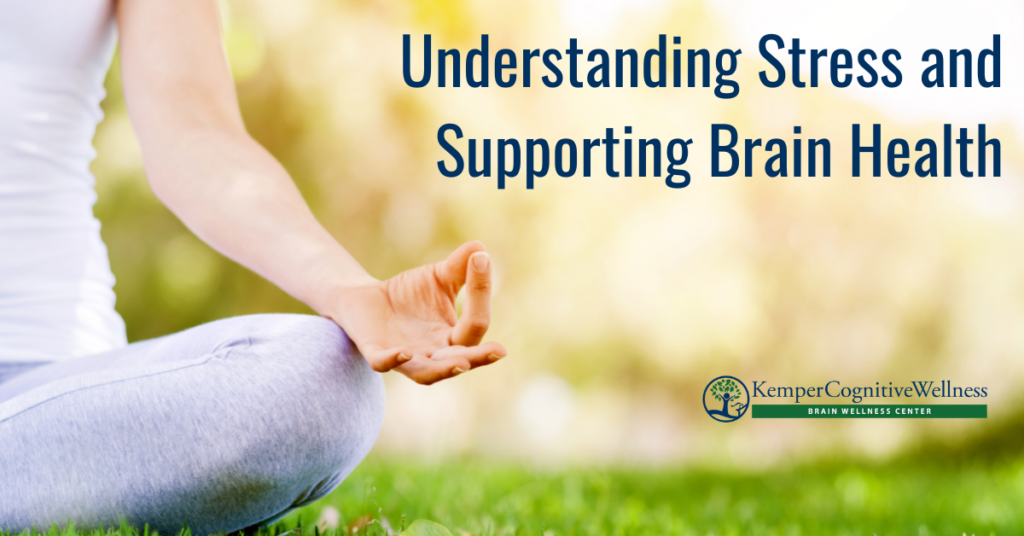Finding Reasons to Give Thanks Every Day
By Jennifer Nance, MEd, ICBCH, AIHCP
Did you know that people that practice gratitude tend to be happier, healthier, more content, and less depressed?
According to the UCLA’s Mindful Awareness Research Center, regularly practicing gratitude (counting your blessings and giving thanks), literally changes the molecular structure of the brain, keeps the grey matter of the brain functioning, and therefore makes us happier and healthier. Recent MRI studies of the brain show that when you practice gratitude, it causes synchronized activation in multiple brain regions and lights up the brain’s hypothalamus. This area of the brain that has a huge influence over your stress levels.
In short, just like Prozac, gratitude boosts the neurotransmitter serotonin (the feel-good hormone) and helps your brain stem to produce dopamine (another feel-good hormone).
Scientific studies show that practicing gratitude improves your sleep, protects you from illness, motivates you to exercise, improves relationships, boost your happiness, and decreases anxiety and depression.
And here is another fascinating fact: Just trying to be grateful changes your brain in positive ways. Simply “seeking” things to be thankful for is just as beneficial to your brain because it forces you to focus on the positive aspects of your life
So how can you practice gratitude? Try these simple and effective tips:
- Start a Gratitude Journal. Every morning and every evening, write down 3-5 things you are grateful for. Keep this journal by your bedside to remind you to do it.
- Give a compliment to someone. Find something nice to say about someone else, even if you don’t particularly like that person. Finding something ‘good’ about someone else changes the way you feel about yourself.
- Love yourself. Write down one thing you like about yourself every day. What do you appreciate about yourself? What are some of your best qualities?
- Rethink a bad situation. The next time something bad or negative happens, write down or say out loud 3-5 good things that happened out of that one negative event.
- Stop gossiping! When people around you begin to gossip or talk bad about another person, walk away. This simple act boosts feel-good hormones.
- Revisit your social media posts. Look back at your social media posts. Are you a ‘Negative Nancy’? or a ‘Positive Patty’? Be more mindful and pay attention to what you put out into the universe. Focus on only posting positive things instead of fear based negative posting.





